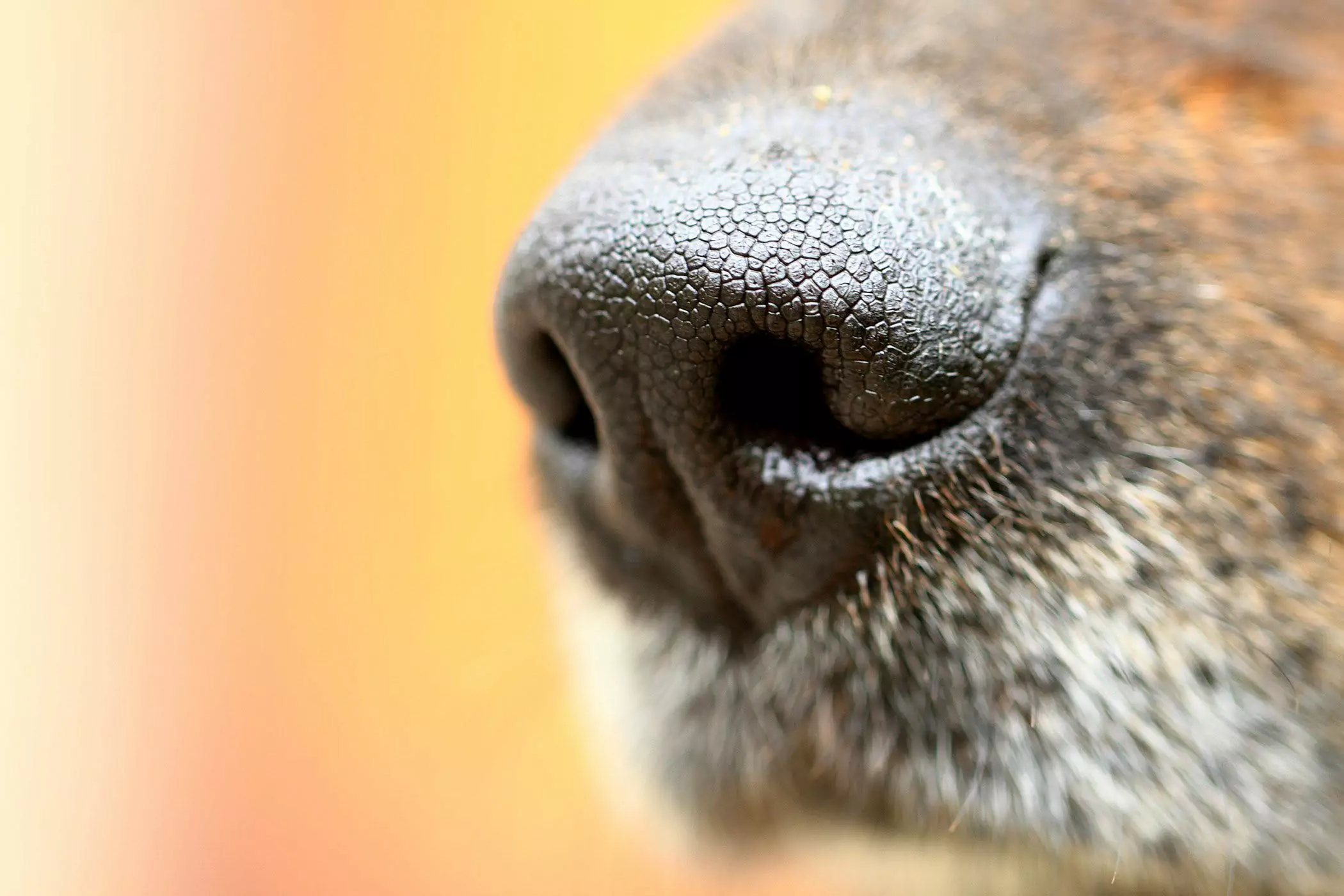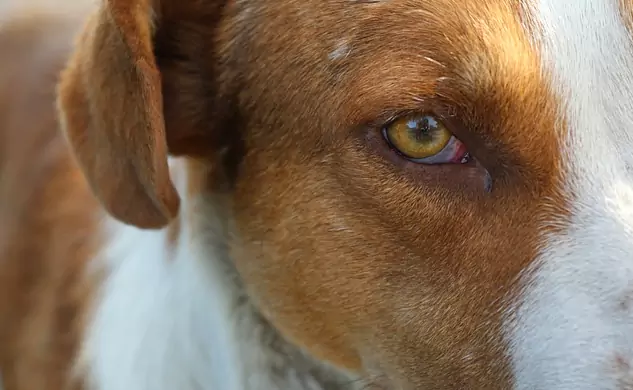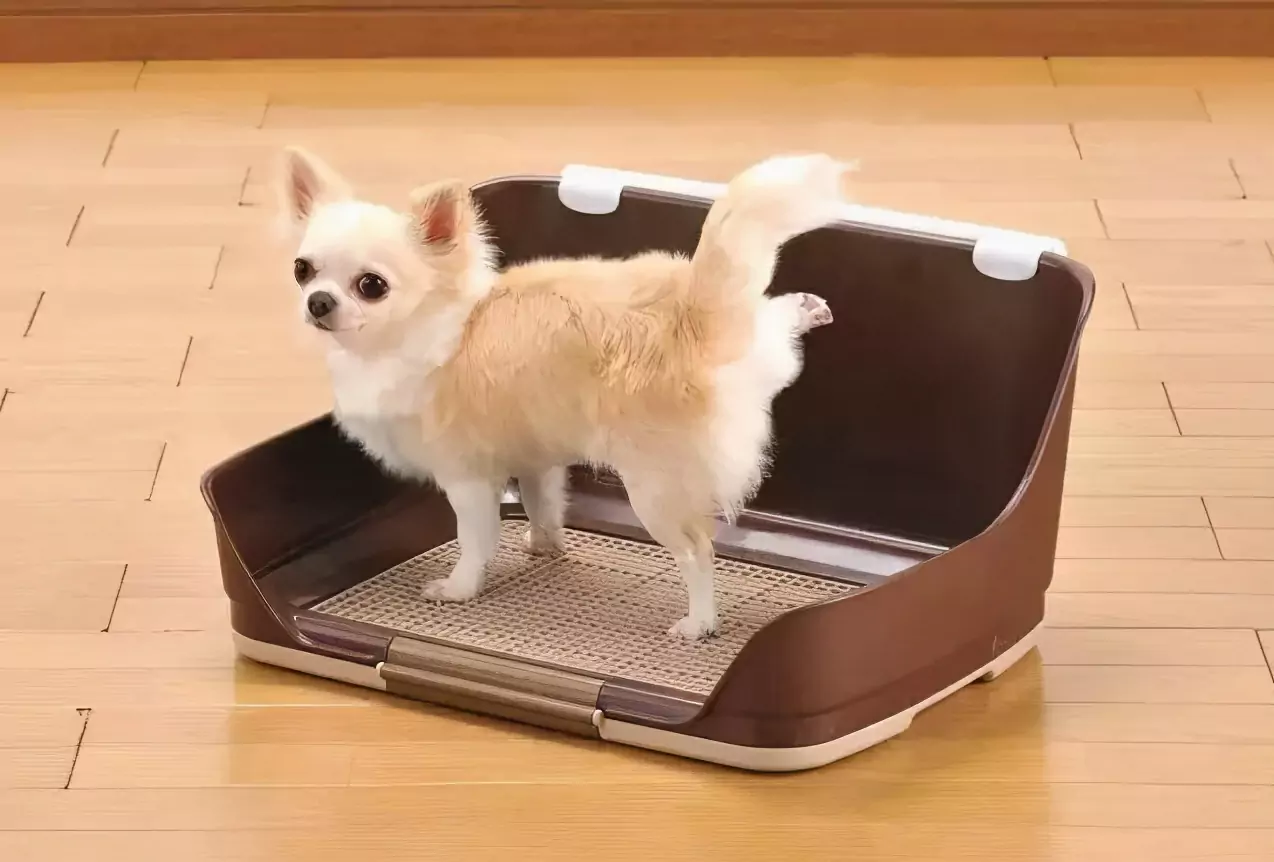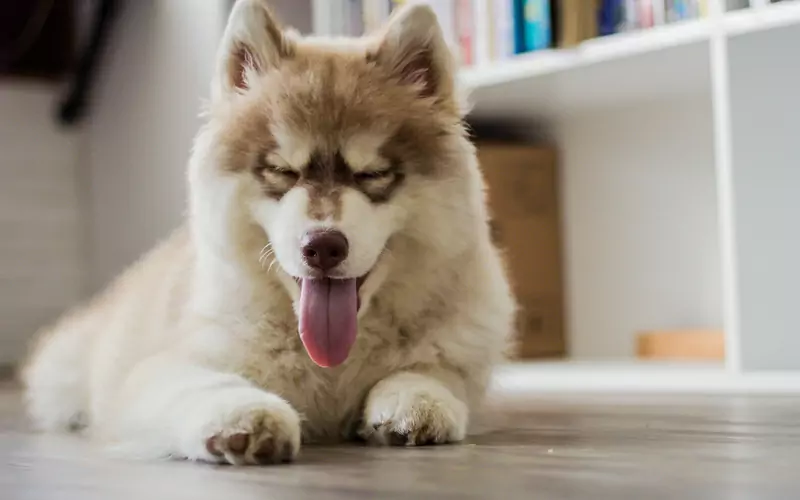Why is my cat drooling? Disease Causes of Cat Drooling
2022-07-08
"Why is my cat drooling?"
Does this question come to your mind? First of all, cat drooling is a sign that something is wrong, but when is drooling normal? When is it a disease?
Let's take a look at the causes and various conditions of cat drooling
I. Disease Causes of Cat Drooling
First of all, saliva in cats is continuously secreted by several glands in the mouth, to prevent dryness of the mouth and to help digestion. Saliva also contains an antibacterial agent that helps cats clean themselves and heal any wounds.
The vast majority of cats "drooling" in life is caused by disease, and there are many diseases that cause this symptom, analyzed one by one.
1, caused by viruses, cats infected with the feline herpes virus (FHV-1) or cup virus (FCV), can cause excessive salivation. It is usually accompanied by sneezing, tears, and loss of appetite. Several different strains of FCV can also cause arthritis (usually of the extremities), nasal tip ulcers, and interstitial pneumonia in cats.
2. Upper lip ulcers caused by this area are below the nose and above the lips, and small sores visible to the naked eye, which sometimes heal themselves and sometimes develop around them.
3銆丮outh and tongue ulcers caused, which are relatively easy to understand, are the tongue or mouth lining ulcers.
4, caused by dental diseases, usually damaged teeth, commonly canine teeth or molars. It may also be feline periodontal disease, usually manifesting as simple subclinical stages of gingivitis or more severe progressive periodontal disease.
5. Damaged salivary glands can also cause drooling due to infection or damaged salivary glands.
Some other large diseases can also cause "drooling" and need to be diagnosed through biochemistry, blood tests, and indexes of the corresponding organs.
1. Cat Carias, which is also a highly contagious upper respiratory disease, may be accompanied by fever, anorexia, lethargy, weight loss, and other symptoms, commonly affecting newborn kittens or older cats over 8 years old.
2, renal failure, divided into acute and chronic, is a clinical syndrome of reduced renal function.
3銆丟astrointestinal diseases.
4, cat epilepsy, refers to an intermittent seizure characterized by spasms from the brain, the onset of the disease will be drooling before.
5銆丗eline leukemia (FeLV).
6. Feline AIDS.
II. Common non-disease causes of cat drooling
After explaining the "drooling" caused by diseases, let's talk about the "drooling" caused by non-diseases.
1. Cats suffering from motion sickness, seasickness, and post-stunned cats will also drool. I would like to mention that in a short video platform you can often see the owner holding the cat or grabbing the limbs in a circle, I would like to say, please do not build happiness on top of the cat's pain, thank you.
2, take medicine, it is more common when taking internal worming medicine. Although drooling, still have to feed, deworming the cat's health benefits are too much.
3銆丒ating something that should not be eaten.
4銆丗ood stuck in the teeth.
5銆丳oisoning. For example, alcohol, some fruits or dried fruits (grapes, apricots, peaches, persimmons, etc.), some raw fish, edible salt and edible sugar, tobacco, etc.
6, too nervous or stressed.
7, two cats fighting, my family is, I have seen.
8, when overexcited, cats will also drool if they are very, very excited, but it is less common.
Treatment of different symptoms
Depending on the main cause of excessive drooling, your cat may need a variety of treatments.
Dental problems include cleaning teeth or extracting teeth.
A foreign body such as a fish spike that is stuck may require sedation or anesthesia to remove the foreign body.
For cats with rabies, there is no treatment and euthanasia is the only option.
Poisoned cats need to be detoxified by inducing vomiting or infusion.
Treatment of liver and kidney diseases requires kidney supplementation and liver protection, etc.
Upper respiratory tract infections require medication or nebulization.
Cats with oral cancer may need to receive chemotherapy.
Cats with nausea may need supportive therapy, such as rehydration or diet adjustment.
These are the causes and ways to determine the severity of drooling in cats. If you experience excessive drooling, you need to take your cat in for an examination immediately.
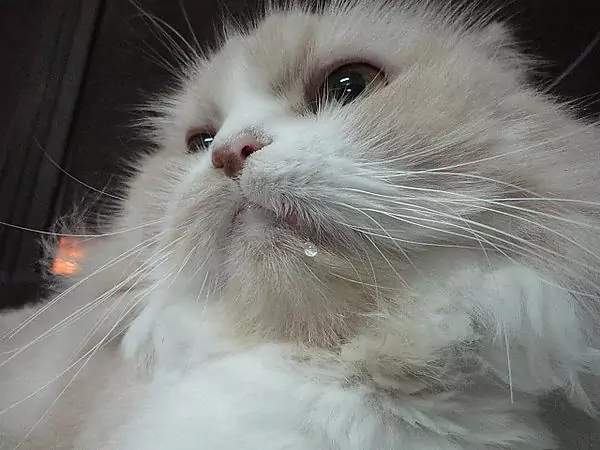
III. Simple home diagnosis
Dayao has his own set of simple diagnostic protocols that he shares with you.
There are six specific steps.
1. First determine the duration of the drooling, whether it is transient or persistent. If it is transient it is generally not a big problem, probably caused by the stimulation of the cat's taste buds. If it is chronic, persistent drooling then proceed to the second step.
2. According to the common non-disease causes above, combine the actual situation to determine whether it is caused by non-disease causes. If not, go to the third step.
2銆丒xamine the teeth and mouth and observe each tooth, whether there are fractures or cracks. Observe the mouth and tongue for ulcers. Sniff the cat's breath to see if it is accompanied by bad breath. Determine if it is caused by oral diseases.
3. Re-examine all items in the home to see if they have been accidentally eaten by the cat. Determine whether it is caused by poisoning.
4. Observe whether the cat has other symptoms besides drooling, such as sneezing, conjunctivitis, runny nose, etc. Continue to observe the spirit, appetite, walking posture, toileting (whether the stool is normal, urine is normal, toileting posture and length), etc. Record the symptoms and check them against all disease causes above.
5. Combine all the obvious symptoms to determine the scope of the disease, if you cannot tell, please hand it over to the veterinarian.
The above are all the causes of drooling in cats that I can think of, including but not limited to these, of course, specific diseases have to be diagnosed and treated according to the actual clinical symptoms. I would also like to say: that when you encounter a cat drooling, you must pay attention to it, do not think that the cat drooling is okay. When you get along with your cat, pay more attention to some small details of the cat, it may be because these small details can save its life. Do not delay in encountering the disease, treat it in time, and do not let it become a permanent memory in your life because of momentary negligence.
IV. Cat drooling may be stomatitis
Stomatitis is a general term for inflammation of the oral mucosa, which can occur in any part of the oral mucosa, including but not limited to gingivitis, tongue inflammation, and lip inflammation.
Many pooper scoopers ignore the hygiene of the cat's mouth, after all, we often leave our oral problems behind, but stomatitis is not a rare disease in cats, and the prevalence is even very high.
Cats often drool is not greedy, behind is the problem of stomatitis, the owner needs to do four points to ensure the health
As early as 1999, the U.S. Veterinary Practice Center conducted a health examination of more than 30,000 cats, and the study showed that dental calculus and stomatitis were the most common diseases in cats, with dental calculus at about 24.2% and stomatitis at about 13.1%.
And stomatitis can occur in cats of any age. Anhui Agricultural University College of Animal Science and Technology once did a sample survey of cats, and the study showed that stomatitis in cats first occurred in cats aged 1 to 3 years old, while the most serious condition was in the age group of 1 to 7 years old.
Stomatitis is just a minor problem? Beware of a major tragedy!
Many people think that even if a cat has stomatitis, it does not matter, after all, we all know that oral problems do not generally have the risk of death. Yes, the direct death rate of stomatitis is low, Anhui Agricultural University surveyed a total of 83 veterinary hospitals, of which only one hospital said there were cases of direct death due to stomatitis.
The cat often drooling is not greedy, behind is the problem of stomatitis, owners need to do four points to ensure the health
But what you don't know is that many cats have died indirectly from stomatitis because it directly affects the cat's appetite and the probability of it being completely cured is extremely low and will recur over time.
Therefore, it can cause a lot of pain to the cat, and many cats have lost their appetite directly after suffering from stomatitis, and eventually died of malnutrition.
Was this article helpful to you?
Other links in this article
português (Brasil):
Por que meu gato está babando? Causas da baba do gato
中文简体:
为什么我的猫会流口水?猫流口水的疾病原因
中文繁体:
為什么我的貓會流口水?貓流口水的疾病原因
Comments
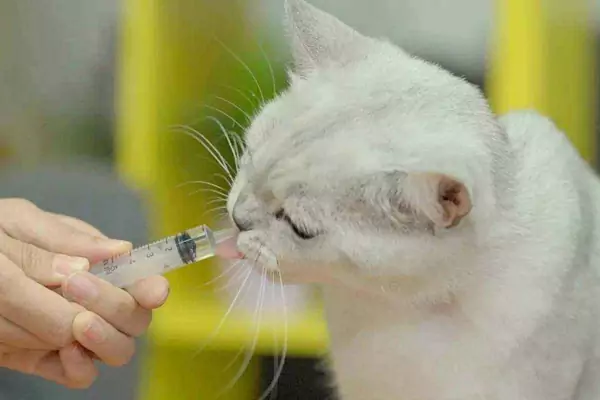
How do I get my cat to take medication?
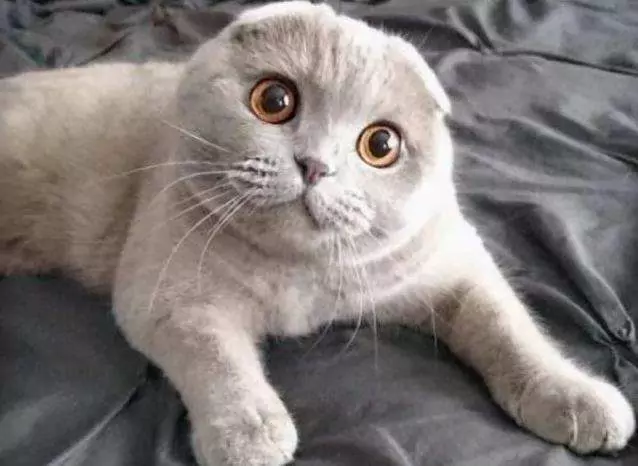
How long can cats live? Symptoms of cats before they die
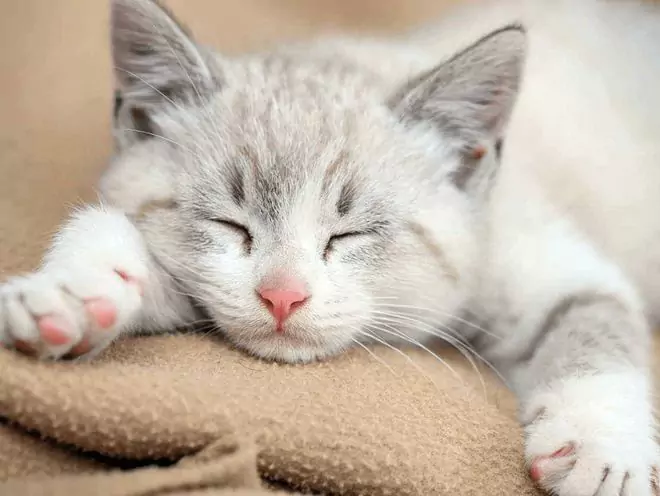
Do cats get colds? What is a cat's cold?
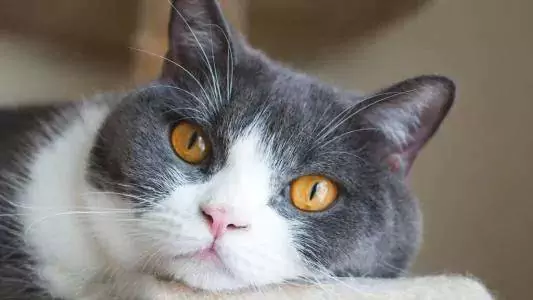
Why do cats sneeze? What are the reasons why cats sneeze?
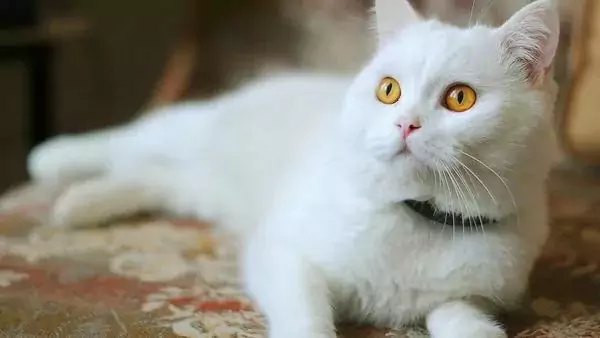
How to get rid of fleas on cats naturally? Why do cats have fleas on their bodies?
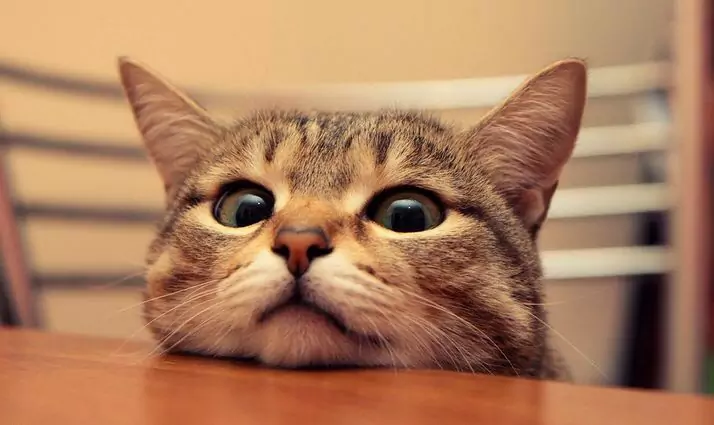
How to check for ear mites in cats
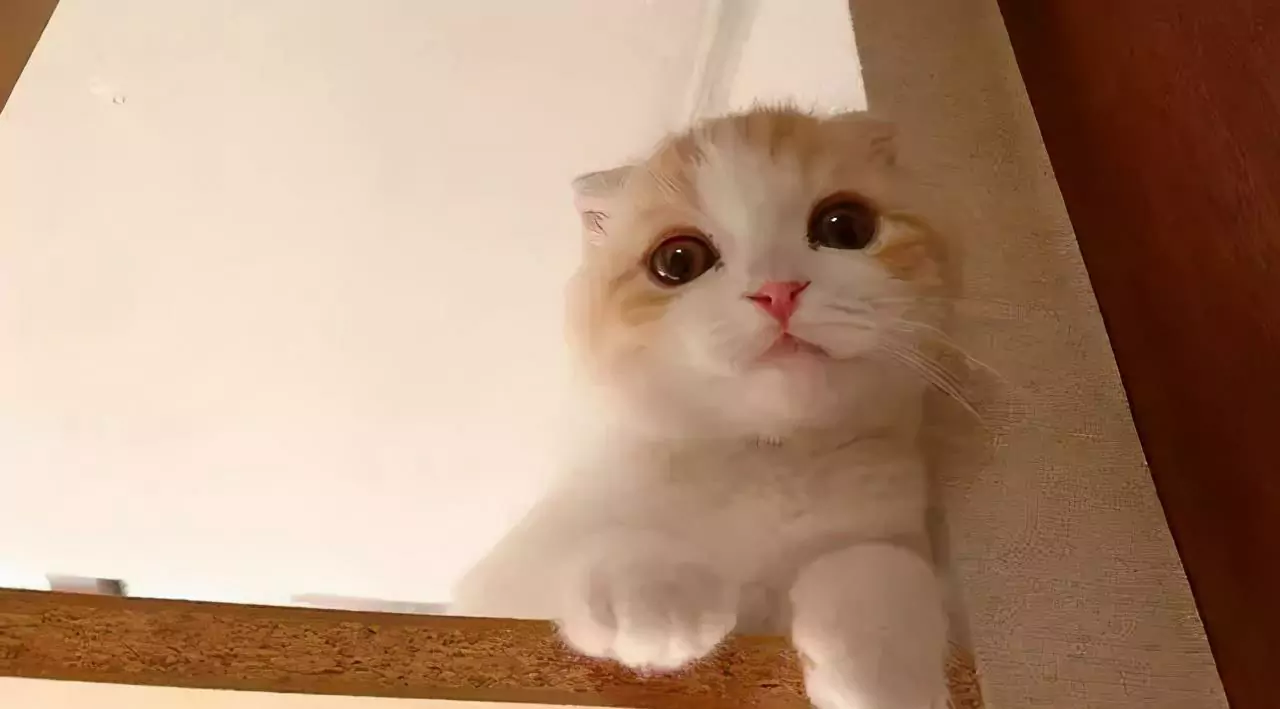
Why do cats vomit? Judging cats based on vomiting
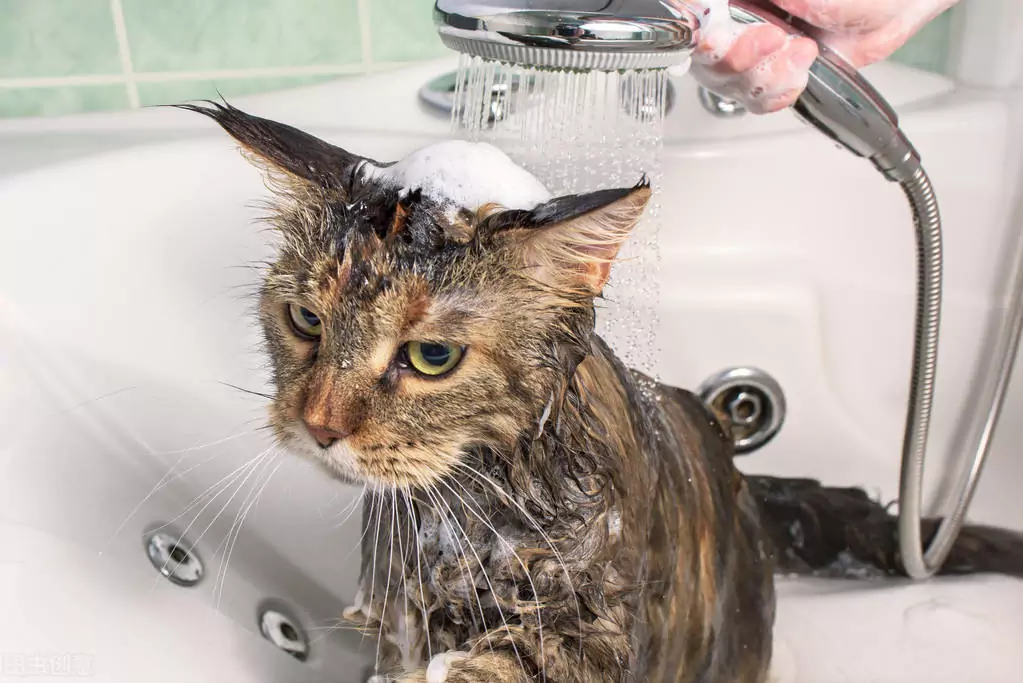
How do get rid of fleas on cats? How can I tell when I have fleas on my cat? How to prevent fleas?
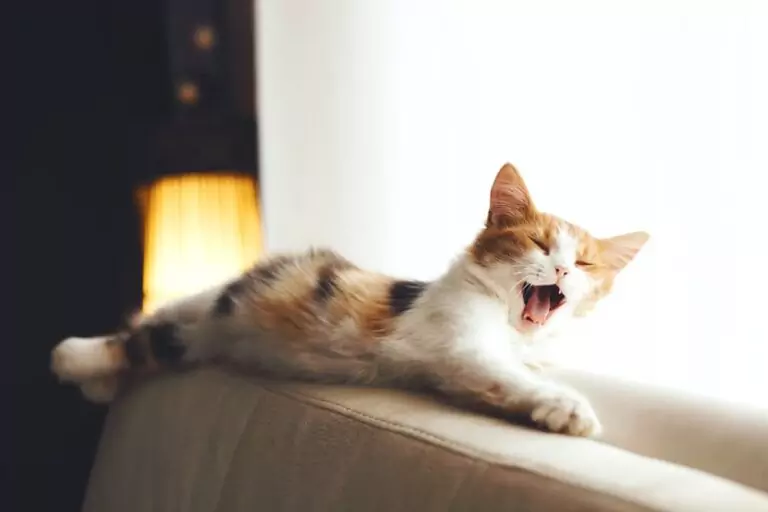
Why does my cat cough
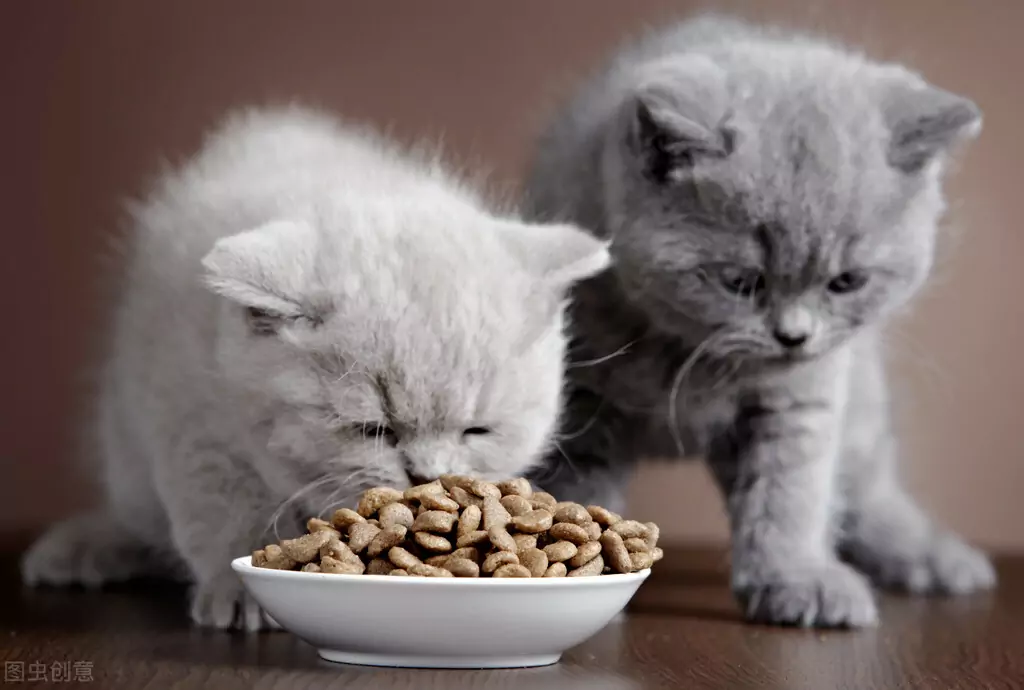
Why does my cat vomit undigested food? Causes of vomiting in cats







